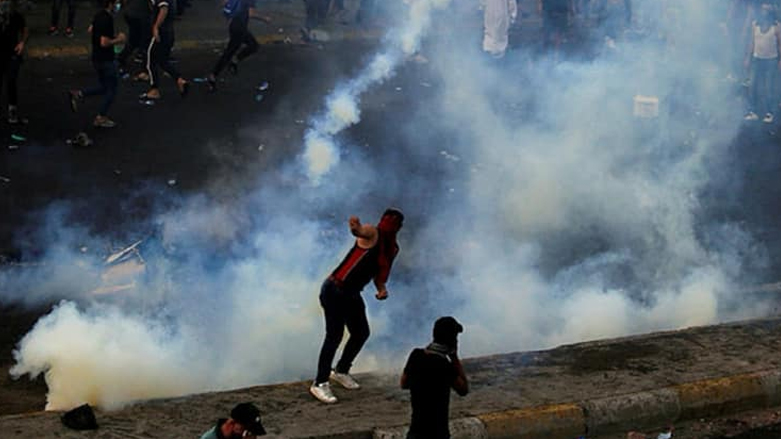Iran closes border crossings with Iraq as protest death tolls mount

ERBIL (Kurdistan 24) – Iranian authorities have shut down two border crossings with Iraq, local media reported, as raging nationwide protests that have led to the deaths of close to 18 people continued for a third day.
According to medical sources, witnesses, and officials, the death toll from the violence-ridden demonstrations climbed to 18 individuals with injuries numbered in the hundreds.
The latest bout of public discontent is the largest to take place since Prime Minister Adil Abdul Mahdi took office last year.
The semi-official Mehr news agency quoted the commander of the Iranian border guards, Qasim Rezaei, as saying that the Khosravi and Shebaba crossings had been closed late on Wednesday.
A senior Iranian official told state television that the Khosravi border crossing was closed, but the other crossings would be opened before the major religious observance of Arba’een, due to take place in about two weeks.
Since Tuesday, several cities across the country, including Baghdad, have been wracked by widespread anti-government protests, which turned violent after security forces tried to disperse protestors.
On its second day, demonstrations spread across the country’s middle and southern provinces. Kirkuk Province also saw protests on Wednesday.
On Thursday, demonstrators poured onto the streets in many cities despite some imposing a curfew, including Baghdad.
The government has also reportedly blocked Internet access across the country, except the Kurdistan Region.
The highest death toll was recorded in the southern Iraqi city of Nasiriyah, where seven protesters were killed after security forces fired live rounds to disperse crowds, a medical source told Kurdistan 24.
The unrest began with small protests in Baghdad over unemployment, poor government services and corruption, before moving to the cities of Nasiriyah, Amara, and other southern areas.
Ali al-Bayati, a member of the UN High Commissioner for Human Rights, said 650 people were injured in the protests, including 87 security men.
Although 16 years have passed since the fall of the former authoritarian regime, services in the oil-rich country remain poor as the government struggles to facilitate employment and address crippling corruption.
Editing by Nadia Riva
